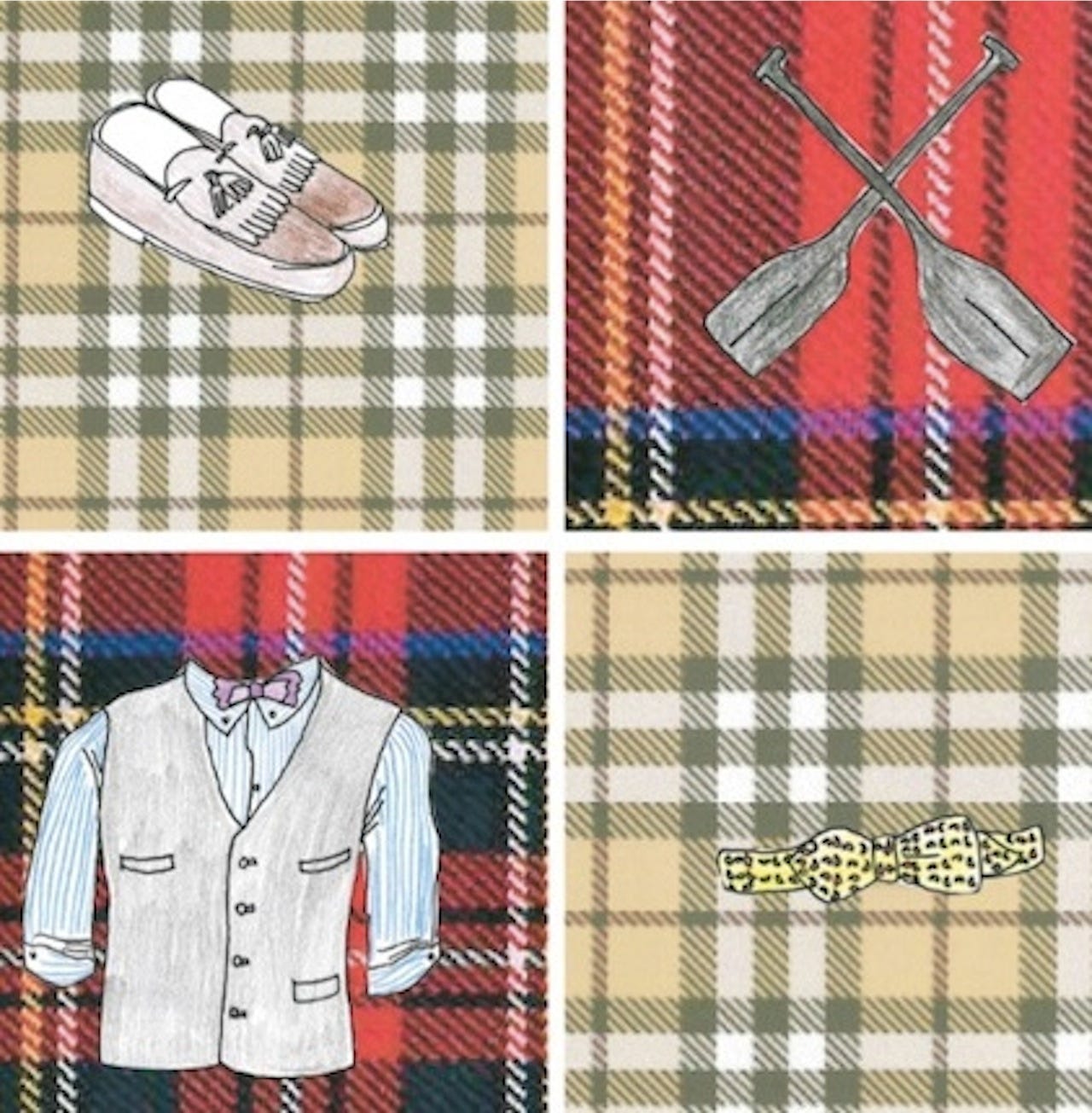The View From The Top
A successful social climber works her way into New York’s upper echelon, only to wonder what she’s doing there.
When I was a successful business owner living a privileged life in midtown Manhattan, it never occurred to me that I could be happy with anything less. There was never a time, whether I was lunching on $40 salads at Bergdorf’s or getting a $600 haircut, that I thought, “I don’t need to be doing this.” There were no benefits or fundraisers too unimportant to miss; no designer exercise class too ridiculous or expensive to pass up. I believed making money made me happy. Until the day it no longer did.
Five years ago, I was the second half of a startup commercial real estate company. That company was also my marriage. My husband and I had met at work a few years earlier when I was a receptionist. He was a real estate broker. We branched out and started our own company in early 2002. In the good years, we made money; about $120,000 a month, and we enjoyed it. In the years we didn’t make money we had to do twice the work just to break even. It was always hard …
Keep reading with a 7-day free trial
Subscribe to Narratively to keep reading this post and get 7 days of free access to the full post archives.




